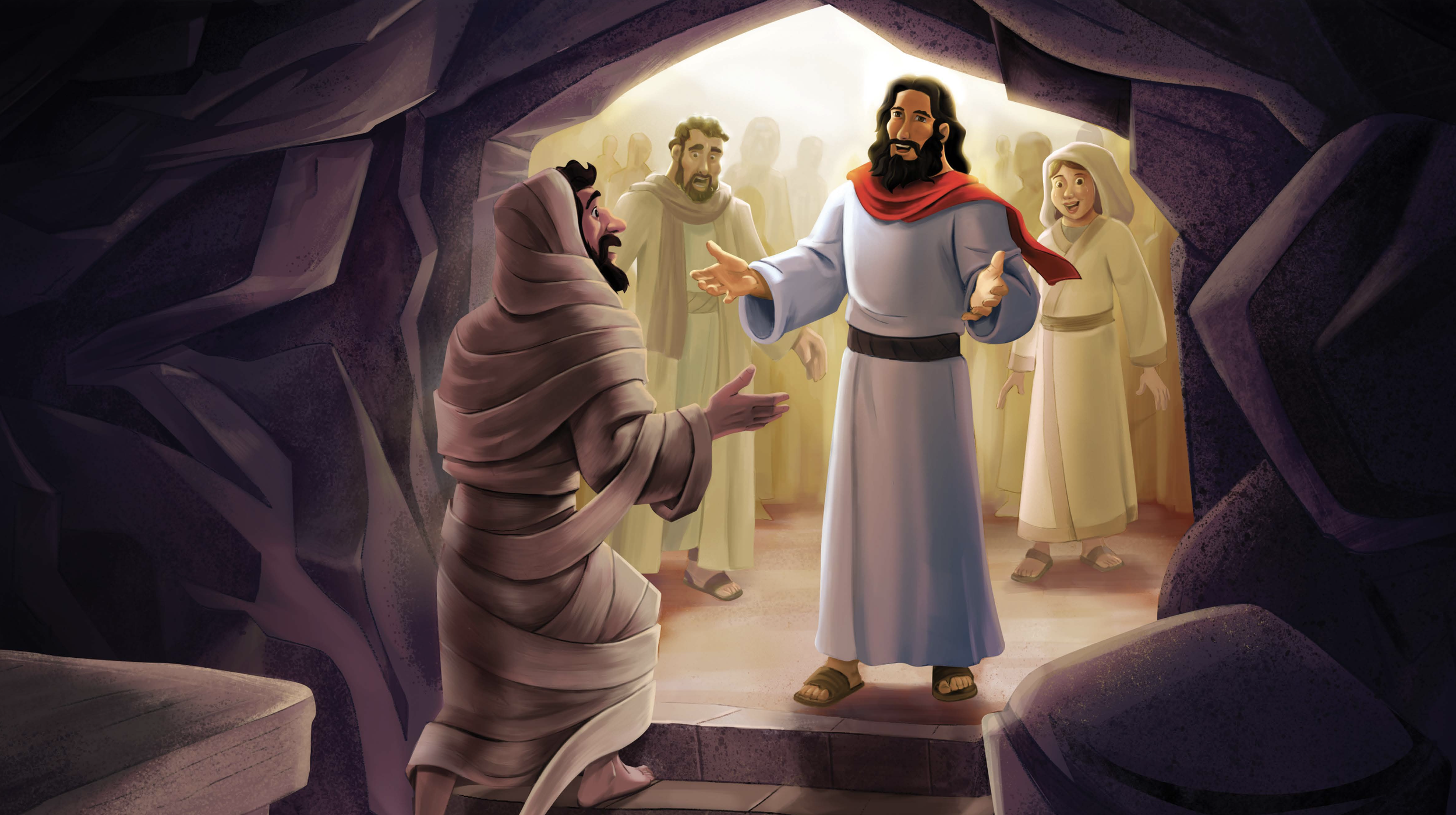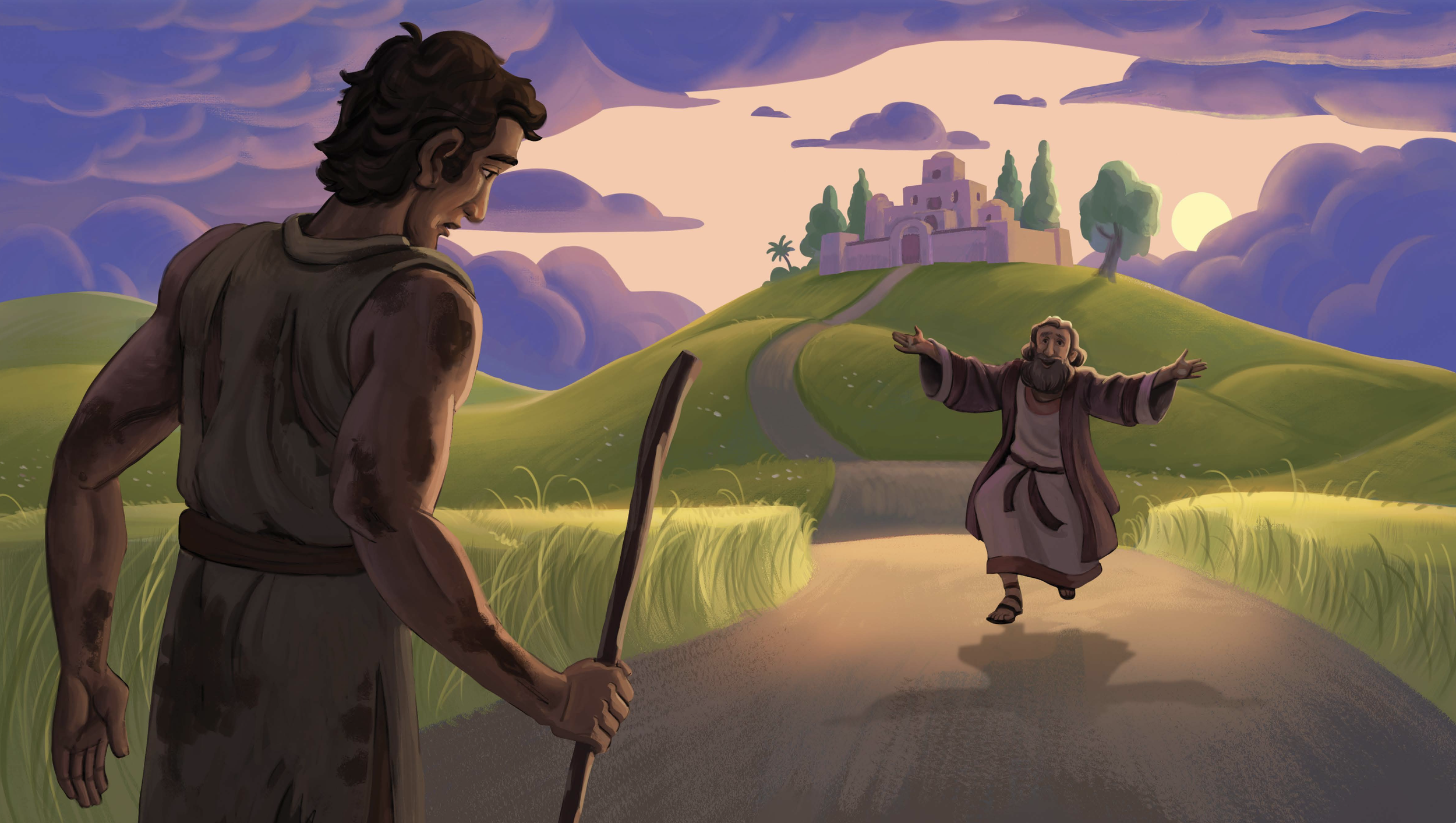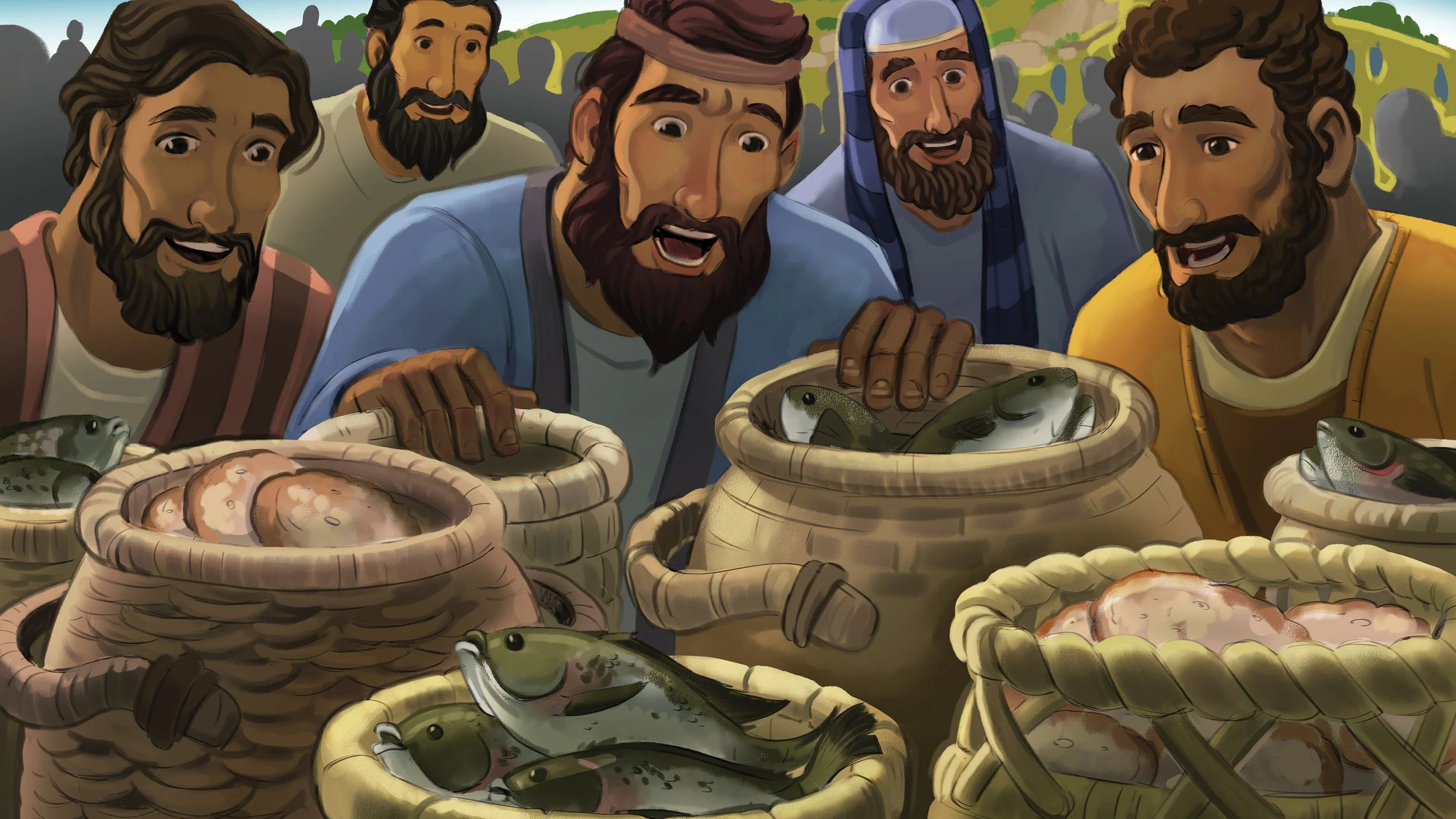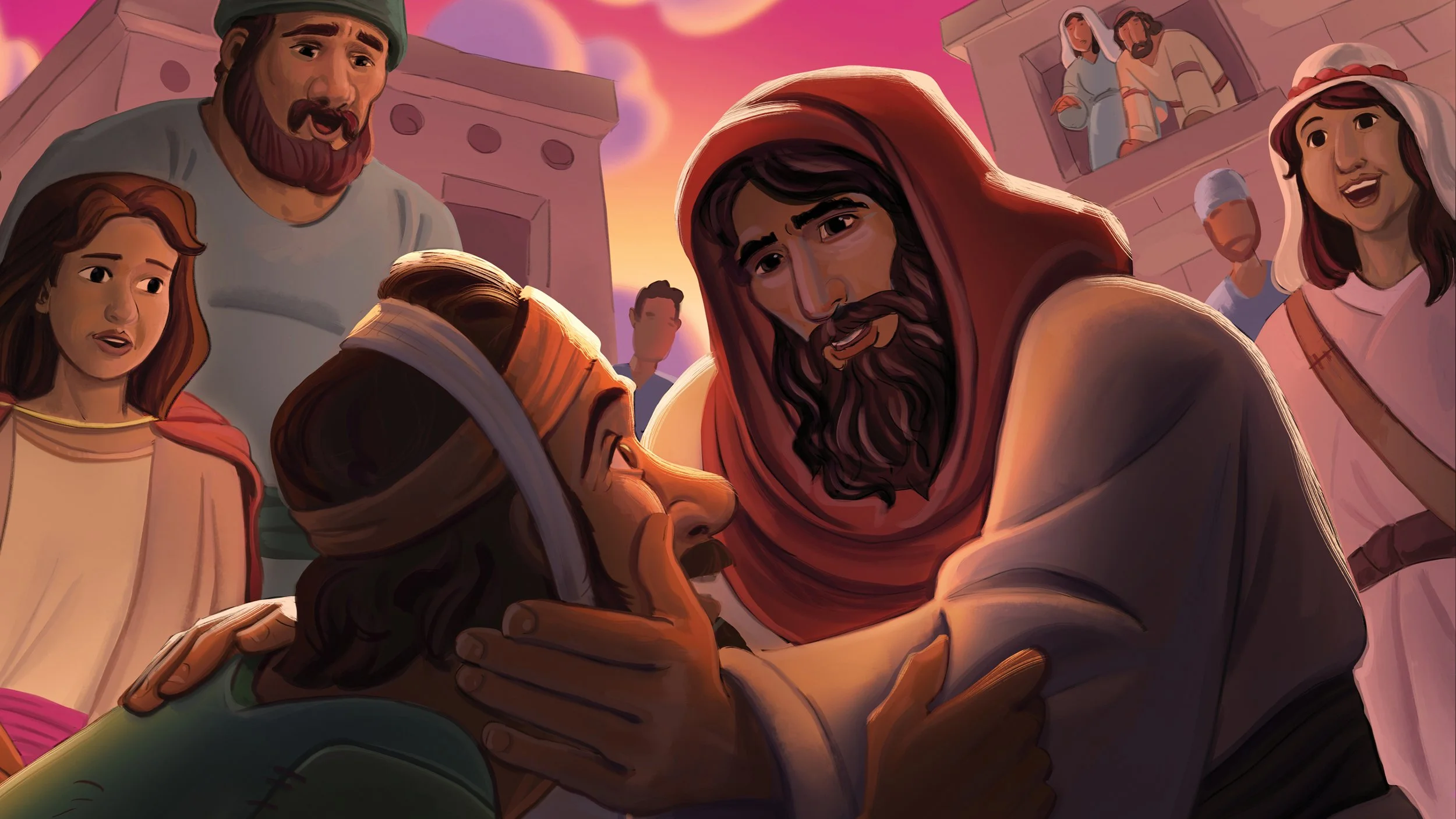Dear families,
The account of Jesus’ raising Lazarus from the dead is a foundational passage in the New Testament. Not only was a dead man brought back to life, this passage in John 11 also contains the shortest verse in the Bible and a glimpse into the humanity of Jesus. John 11:25 says, “Jesus wept.”
In this historical account of the death of Jesus’ dear friend, Jesus is questioned three times for not arriving sooner. The primary reason He is questioned can be found in the words of both Mary and Martha: “Lord, if you had been here, my brother wouldn’t have died.” (John 11:21,32)
Mary, Martha, and others around them had seen and heard of the miraculous things that Jesus was doing. They had only seen Him miraculously prevent death. Their framework for how Jesus worked was limited to their experience with Him.
Martha showed a glimmer of hope in John 11:22 when she said, “Yet even now I know that whatever you ask from God, God will give you.” However, she still seemed to limit what Jesus could do to her previous experience.
It can be easy to put God inside of a box, to limit what we believe He can do to what we’ve seen Him do before. Yet Jesus’ delay served a greater purpose: to give Him the opportunity to perform an even greater miracle—and thus display God’s glory.
Today, we often struggle to pray with confidence that God could heal physical ailments or save those that seem most unlikely to repent. In our minds, we limit what God can do to what we have seen or can explain.
What if we prayed with the confidence that God is a wonderworker, doing more than we could ever ask or imagine? What if we believed that God isn’t bound by our opinions or perspectives? What if we demonstrated our confidence in a God who is beyond our full comprehension, but is always within our reach? Not only would this type of faith change us, but it would also greatly impact those around us.
Check out The Gospel Project At Home for resources designed to help you lead a family worship experience as well as suggestions for morning and evening prayer times and family activities.
FAMILY TALKING POINTS
CHRIST CONNECTION
This is the big idea of how this week’s Bible story points to Jesus.
● Babies & Toddlers: Jesus showed that He has power over death.
● Younger Preschool: Jesus raised Lazarus from the dead. He showed that He has power over death. Jesus died on the cross for our sins and rose from the dead. Everyone who trusts in Jesus will live forever with Him.
● Older Preschool: Jesus raised Lazarus from the dead. He showed that He has power over death. Jesus died on the cross for our sins and rose from the dead. Those who trust in Jesus will live forever with Him.
● Kids: When Jesus raised Lazarus from the dead, He showed that He has power over death. Jesus said, “I am the resurrection and the life.” Jesus died on the cross for our sins and rose from the dead. He gives eternal life to those who trust in Him.
BIG PICTURE QUESTION & ANSWER
This is an important biblical truth that your child will encounter each week of this unit.
· Younger Preschool: Why do people not choose Jesus? People choose what they want rather than what God wants.
· Older Preschool: Why do people not choose Jesus? People are born with sin and choose what they want rather than what God wants.
· Kids: Why do people reject Jesus? People reject Jesus because all people are born with a sin nature and want to please themselves rather than obey God.
KEY PASSAGE
This is a Bible verse that relates to what your child will encounter each week of this unit.
· Babies & Toddlers: People were unkind to Jesus. Isaiah 53:3
· Younger Preschool: People turned away from Jesus and were unkind to Him. Isaiah 53:3
· Older Preschool: He was like someone people turned away from; he was despised, and we didn’t value him. Isaiah 53:3
· Kids: He was despised and rejected by men, a man of suffering who knew what sickness was. He was like someone people turned away from; he was despised, and we didn’t value him. Isaiah 53:3


















